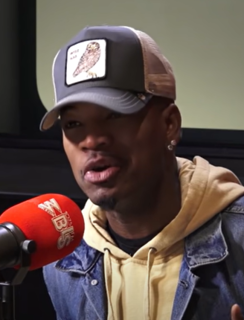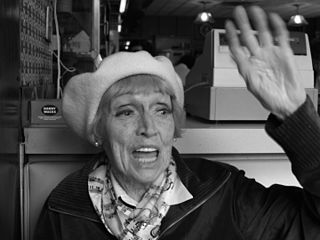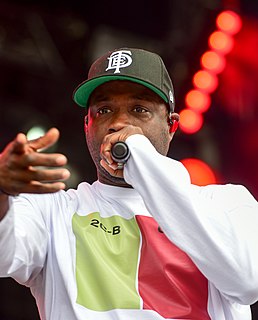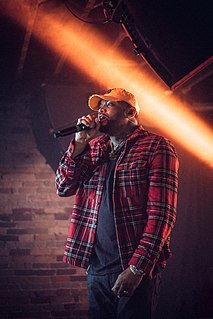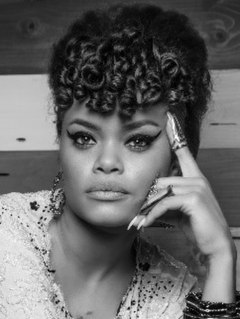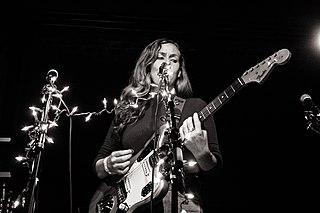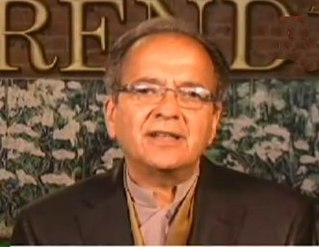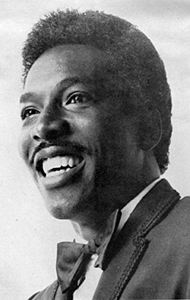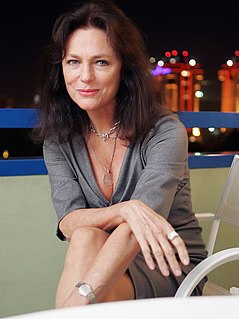A Quote by Ne-Yo
Back in the day, Motown was on the pulse of young America. It wasn't about just dope contemporary. It was pop, it was R&B, it was all of that.
Related Quotes
I don't have one thing I go back to, but we listen to a lot of music in the bus, and we always get a few songs or a few records that end up being themes for the tour. On tour I read all of George Saunders' short stories and all of Alice Munro's short stories. George Saunders is who has taught me about this question about whether or not love is possible in the contemporary world, with all of its simulations and all of its pop and divergences and all of the confusion and distraction. Whether or not contemporary reality is actually hospitable to love.
America's a funny place. Every time I've come over it just feels absolutely gigantic and massive. I've always had good shows there, but I just go and come back, feeling like another singer/songwriter in a sea of thousands of singer/songwriters. I don't really know what "breaking it in America" is or means. I just focus on touring day-by-day, and show-by-show, and see where it goes.
I think that the ideal of young womanhood as it's seen in pop culture specifically is a really kind of vapid, conceited, concerned with money and looks kind of thing that you'll see in a lot of reality shows. And I think that's really damaging, not just because it's a terrible role model to put forth, but that it also puts across this idea to the American public that this is what young women are like, that this is what all young women in America are like.
The only recording studio was in Motown - it was called Tamla/Motown at that time and we used to audition there because Smokey Robinson was at that studio and Berry Gordy was the president. I remember asking Smokey to listen to my group and he did. For the first couple of years we were just singing background. We used to back up Marvin Gaye; Mary Wells was there then, Marv Johnson, the Marvelettes, Martha Reeves and the Vandellas, Junior Walker and the All-Stars.
